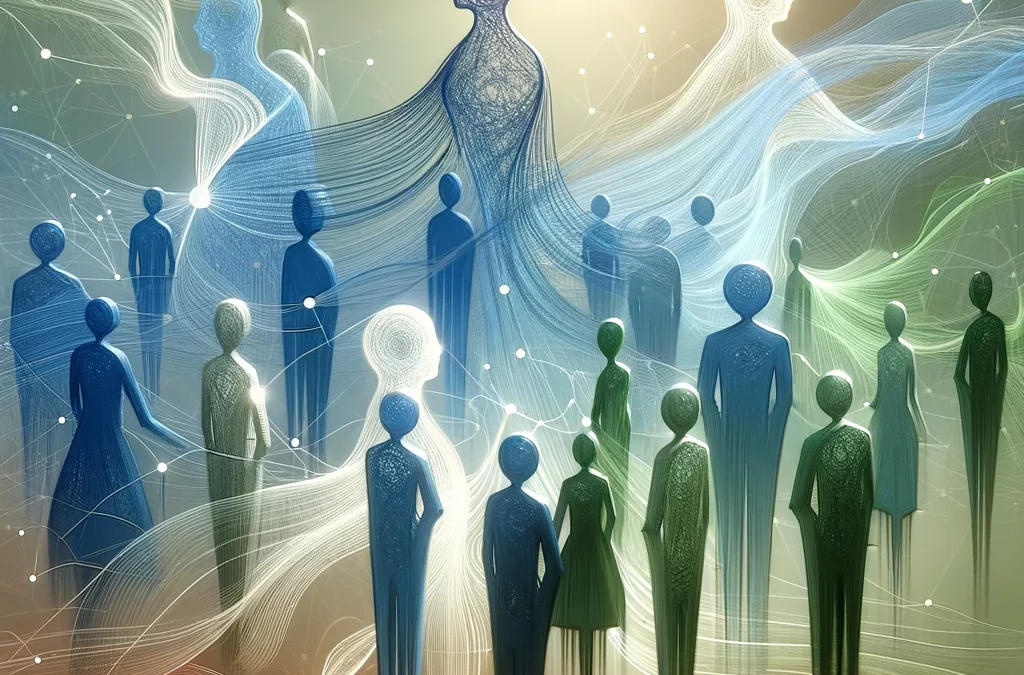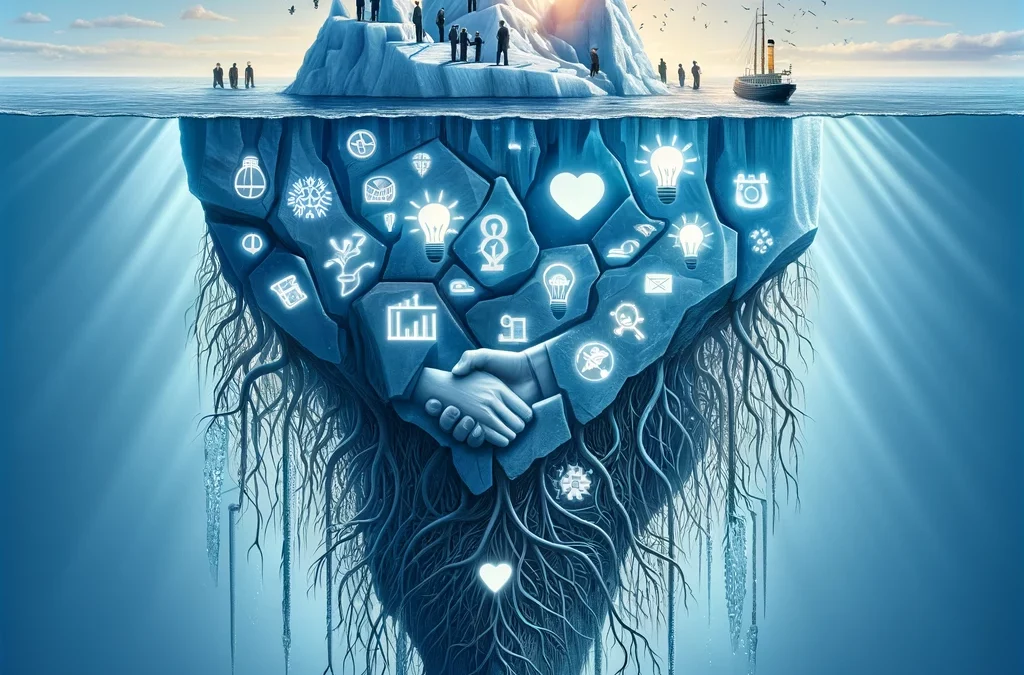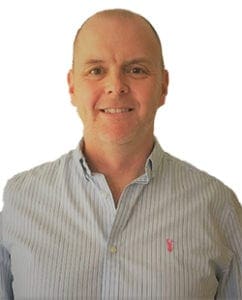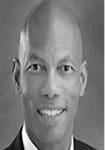This workshop explores how AI impacts organisational culture by democratising access to real-time insight. This transforms operational decision making in every team, function and hierarchy.
The net effect is to make traditional command and control redundant. In turn generating the most significant transformation in organizational behaviour since the modern organisation was created to serve the needs of mass industrialisation.
The increasing disappearance of once mighty brands from global stock exchanges shows the fragility of this model when asked to navigate the flux and flow of today’s markets. You are sunk unless you can anticipate and avoid disrupters before they arrive.
The weakness of hierarchy is its lack of diversity in how it sees the world. We know both individual and organisational mindsets rely on cognitive bias to reduce the effort of noticing what’s new and responding to it. These mental shortcuts become dangerous when only a few can sell their keyhole view of the world to the rest.
The other restriction on nurturing an agile organizational mindset is tribalism – another form of cognitive bias based in our preference for the familiar which is less threatening. The recent growth in multi-disciplinary teams is recognition that we have over emphasized the benefits of specialization at the expense of diversity and the broader perspectives needed to tackle today’s challenges.
In the light of this ongoing debate, we examine the organisational impact of AI.
Machine Learning (ML) is one of AI’s prime technologies. ML powered workflow is spreading across every organizational domain and industry sector. Its function is to spot patterns at scale and thus predict and assist evidence-based decision making. Its worth in an exponentially growing world of data is obvious. Without it, we remain blind to opportunity. As the world speeds up, we need to embrace constant adaptation to avoid strategic shock and decline.
When data is transformed into real-time insight and made instantly available via cloud technologies, a new kind of organisation is enabled. One that is unified with common access to the same 360 unfolding story. The interpreted and acted on in whichever way each team wants to focus its expertise.
The cultural impact is potentially profound. The traditional divide between operational expertise and strategic decision-making collapses. The quality of decision making accelerates as greater diversity of human talent can contribute to interpretation and action.

The hypothesis we explore in our 3 hour virtual workshop is as follows.
Any AI investment framed around the general aim of increasing value while lowering cost will only get there if two things happen.
First, the impact of each major AI programme is anticipated in term of how people’s working lives move on. And secondly how this radically changes organisational culture for the better when consciously guided and nurtured through its evolutionary stages.
AI enables distributed command and control throughout an organisation which transforms its responsiveness and therefore its ability to survive and prosper. But it will sit awkwardly when restrained in a legacy structure and mindset with diminished ROI as a result.
Topics for Discussion
- Imagining how AI is going to change your organisation by 2030
- Where will AI replace and where will it augment human capital?
- What does ‘AI democratises decision making’ mean operationally?
- Whose daily work life is changed? And how?
- How does hierarchy and tribalism evolve in an AI culture?
- Exploring the deeper transformational opportunities this offers organisational designers
- Principles for how we get from here to there

Applying A Sustainability Mindset To Human Capital
From the many boxsets and books that teach us what we should come to expect in life comes the myth of collateral damage. This justifies how great leaders on great quests have legitimate cause to use people as they see fit. At whatever the cost.
Of course, collateral damage is tough but that’s just how things are. So, when the victorious hero pauses to offer their thoughts on those who ‘died in glory’, we are conditioned to admire them even more for their compassion rather than for their reckless expenditure of life.
This myth has proved addictive over the ages. It remains deeply embedded in our collective psyche today. The ‘win at all costs’ mentality still inspires the behaviour of today’s business world. Not that winning and success is to be criticised. Just the cost of achieving it in terms of human capital.
This workshop explores if there is a better way.
Our metaphor and inspiration for this debate come from the global adoption of sustainability strategies and mindsets. We are being forced to recognise that resources are finite. We have exhausted many planetary ecosystems and need to nurture and harvest in a balanced way rather than simply plunder them. Why throw something away if it can be used again? Why own it when it could be shared? Why keep the lights on when no-one is there?
Whether we collectively come together in time to reset the way humans view their right to consume remains a wide-open question. But it is not one that can be escaped any longer and our behaviour must change.
The business world seems to be waking up. The topic of “stakeholder capitalism” was the theme of this year’s World Economic Forum in Davos and the subject has continued to remain front of mind in public letters from investment giants, such as BlackRock’s CEO Larry Fink and Bridgewater’s Ray Dalio.
If we accept this as the emerging direction of travel and a growing acceptance in corporate boards that sustainability is the smarter way to go, why don’t we extend this new mindset to human capital as well?
The parallels are striking. In much the same way that we have mined the world’s resources as if infinite, ask anyone from CEO to receptionist about how they are really feeling. Their energy is being depleted to the point of exhaustion.
Why is mental health such an issue these days? Too many things happening too fast. Without enough time to recharge. Our 24×7, never unplugged lifestyles are not healthy for organic lifeforms who need to recharge. Sleep deprivation is one of the most effective ways of torture. It’s therefore sad this is so often self-inflicted. Parents know the importance of a good night’s rest for their children. Our stupidity is to excuse ourselves from the same habit and benefit.
As much as bodies need to rest, minds need to reset. REM cycles during sleep are the times when working memory is flushed after useful memories are stored as life experience. We can find equivalent point of rejuvenation in our waking hours providing these are not overridden in our haste to show we are constantly busy.
And here is the problem. Once we flick the switch, it’s hard to turn off. Holidays provide time to flip modes but most of us cannot easily do it at work where the overwhelming agreement is to chase down the next agenda.

Leaders set this tone and others are obliged to follow. The latest mantras of agile, innovation and disruption combined with the looming threat of automation all provide reasons to overdose our systems in cortisol. Ironically this shuts down those parts of our brain which are associated with collaboration and inventiveness. We become less effective the more we effort in a state of energy depletion.
It is time we apply what neuroscience and psychology now understand about human energy generation and conservation. There is a science to effective conservation and sustainability. It applies as much to an organisational ecosystem as a planetary one.
This workshop advocates a new leadership mindset. Conscious stewardship of a finite resource.
Topics for Discussion
- Why do tortoises live so long, and rock stars die younger than most?
- Pivoting the agreement from ‘fastest at all cost’ to ‘least wasteful’ as better growth strategy
- Solving the problem of exhaustion and how to recharge in an ‘always on’ world
- New corporate habits encouraging people to switch – embedding a Sprint-Stop-Reflect cycle
- The psychology of human motivation and how it optimises their value
- From exploitation to stewardship. The new leadership expectation
- Promoting human energy conservation




































